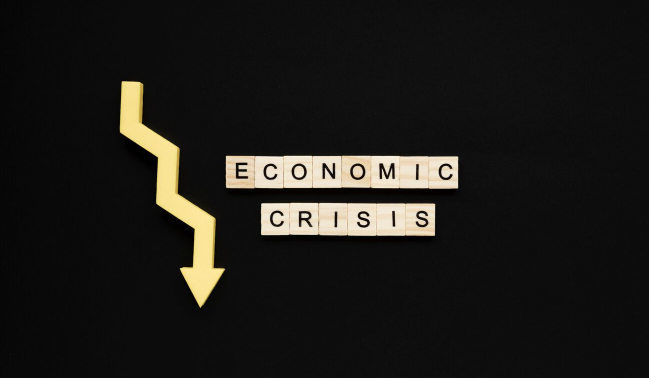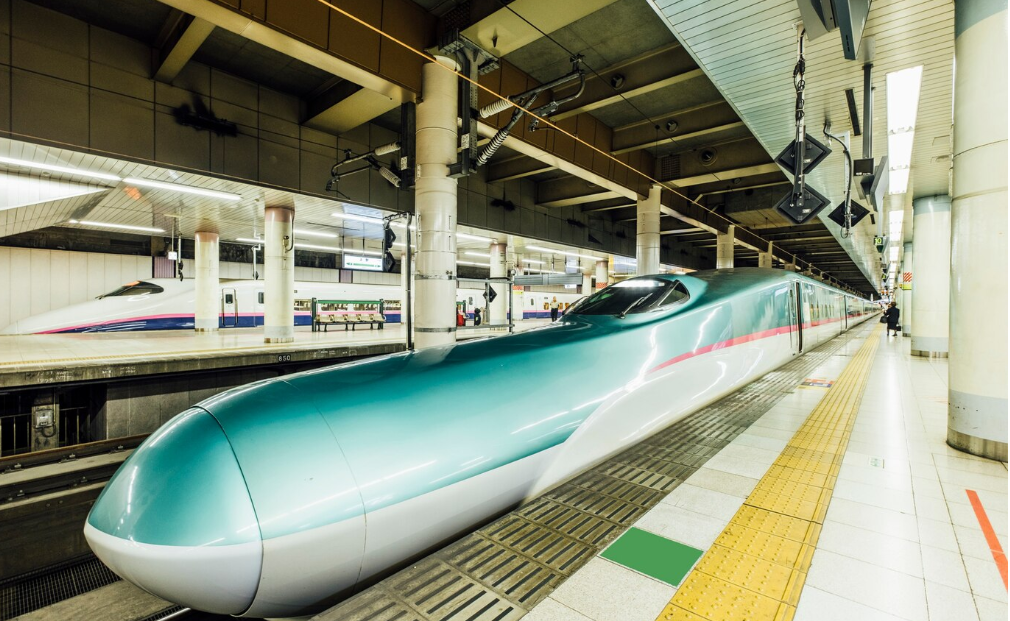Nigeria’s economic decline has hit a sobering benchmark. According to Dr. Akinwumi Adesina, President of the African Development Bank (AfDB), Nigeria’s GDP per capita has dropped to $824—a significant regression that places the country’s economic well-being below its post-independence level in 1960.
Speaking during the 2nd Nasarawa Investment Summit held in Lafia on May 15, 2024, Dr. Adesina sounded the alarm, stressing that Nigeria’s current growth model is unsustainable. He called for urgent structural reforms and rapid industrialization to reverse the country’s economic misfortune.
“Today, Nigeria’s GDP per capita is only $824. It was $1,222 in 1981—43 years ago! The country is poorer today than it was decades ago,” said Dr. Adesina during his keynote address.
— Source: The Guardian Nigeria, May 2024
What Does $824 GDP Per Capita Mean?
Gross Domestic Product (GDP) per capita is a crucial measure of a country’s economic output per person. A lower GDP per capita suggests widespread poverty, reduced access to essential services, and an overall decline in quality of life.
According to the World Bank, countries with a GDP per capita below $1,045 fall into the low-income economy category. Nigeria’s $824 figure places it firmly in this bracket, despite being Africa’s largest economy by total GDP. This paradox underlines the nation’s deep income inequality and inefficient wealth distribution.
Why Is Nigeria Struggling Economically?
Dr. Adesina attributed Nigeria’s economic crisis to multiple factors:
-
Overreliance on crude oil exports, with insufficient diversification
-
Weak manufacturing base and limited value-added production
-
Unstable macroeconomic policies and foreign exchange distortions
-
High unemployment and inflation, which stood at 33.2% and 31.7% respectively as of early 2025 (Source: National Bureau of Statistics)
He emphasized that Nigeria must adopt a new growth model driven by industrial value chains, powered by investments in agriculture, manufacturing, renewable energy, and technology.
The Call for Industrialization
To address this crisis, Dr. Adesina proposed a number of actionable reforms:
-
Establishing Special Agro-Industrial Processing Zones (SAPZs) across all regions to boost agribusiness.
-
Developing value-added industries that focus on local raw materials instead of importing finished goods.
-
Stabilizing the macroeconomic environment by reducing dependence on oil revenues and promoting local productivity.
-
Improving infrastructure, especially electricity and transportation, to support local industries and reduce business costs.
He added that AfDB is already supporting Nigeria’s economy with over $4.4 billion in active projects, covering power, infrastructure, and financial sector reforms.
Can Nigeria Recover?
While the statistics are dire, Nigeria’s recovery depends largely on political will, policy coherence, and investment in people.
The country has the advantage of a large youthful population (over 60% under 30), vast natural resources, and strategic regional importance in Africa. However, corruption, poor governance, and mismanagement continue to hinder inclusive growth.
Dr. Adesina’s warning is a wake-up call. Without bold reforms, Nigeria risks entrenching poverty further. But with the right vision, policies, and accountability, the country can reignite its economic engine.
Final Thoughts
Nigeria’s GDP per capita falling to $824 is more than just a number—it’s a reflection of a nation at a crossroads. As the AfDB President has emphasized, now is the time for Nigeria to industrialize, diversify, and modernize. The path to prosperity won’t be easy, but it is still within reach—if leaders act decisively.
Stay informed about Nigeria’s economic future and development strategies on Xamblog.com
Last Updated on May 2, 2025 by kingstar





